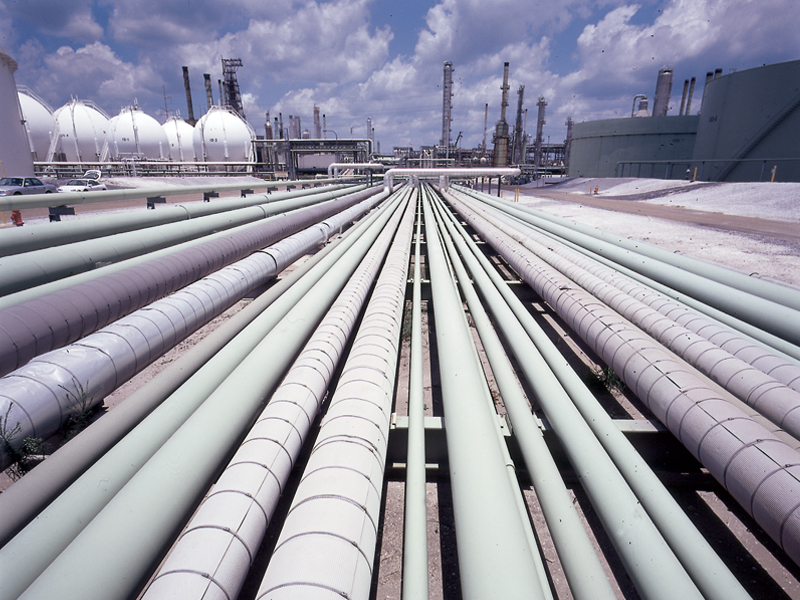A former Executive Secretary of the Petroleum Products Pricing Regulatory Agency, Mr Reginald Stanley, has told the Federal Government to outsource the management of the nation’s oil pipelines to end pipelines vandalism,
Stanley made the call at a colloquium, organised by the Petroleum Downstream Group of the Lagos Chamber of Commerce and Industry (LCCI) in Lagos on Tuesday.
He argued that the way to go was for government to commercilise the pipelines network for effective management to check the recurring spate of pipelines vandalism by hoodlums.
Stanley lamented that Nigeria was losing billions of naira to frequent vandalism of its oil pipelines infrastructure, resulting to loss of huge revenue to government and the oil majors.
According to him, 10 cases of oil pipeline vandalism have been reported in the first few weeks of this year, an indication that more of such vandalisms could be recorded in the months ahead.
In his own contribution, the Managing Director of Mobil Oil Nigeria Plc., Mr Tunji Oyebanji, advised the Federal Government to stop getting involved in oil and gas businesses.
Oyebanji said there was no way the country could resolve critical problems in the oil and gas sector if government continued to play big an industry that should be dominated by private interests.
He argued that the way to go was for government to leave the oil industry for the private sector, pointing out that the nation’s refineries would never work unless government partnered with the private sector to make the refineries to work.
The President of the LCCI, Mrs Nike Akande, said that the prevailing harsh economic climate had weakened the revenue generation drive of the country.
Akande said that the forum was convened to appraise recent developments in the downstream with a view to recommending lasting solutions to government.
“Over the years, the nation’s petroleum industry has witnessed several setbacks, including shutdown of domestic refineries, vandalism of pipelines and recurring scarcity of products.
“There have been several discussions about reforms in this sector, yet very little progress has been made.
“The state of the sector has a significant bearing on the economy because we need energy to power this economy,” Akande stated.
An economist, Mr Bismack Rewane, described Nigeria as an import-dependent country, a development that had continued to weaken the nation’s currency.
He expressed worry that Nigeria was now among the 10 highest inflation ravaged countries in sub-Saharan Africa.(NAN)



Leave a Reply